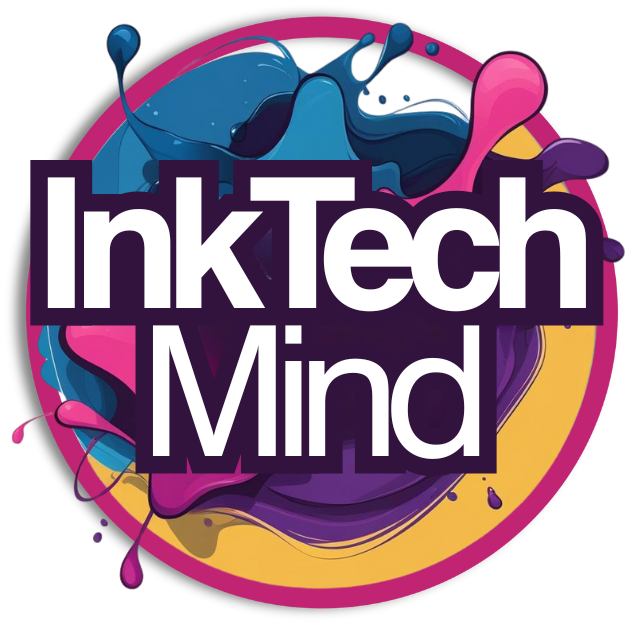Brains crave stories. Give them a maze.
This week, OpenAI rolled out “Media Manager,” a tool for creators to set rules on how their work can be used to train AI. Think: opt in, opt out, or opt in but don’t touch my endings. It’s pitched as consent tech for the data era. The company says it will start enforcing these preferences across ChatGPT and its models in the coming months. Creators cheered the idea of control. Skeptics asked: cool, but who’s policing the copycats?
At almost the same time, Meta announced an “Imagined with AI” label on AI-made images across Facebook, Instagram, and Threads. The label will appear when posts show signs of AI generation, like EXIF markers or model fingerprints. It’s a small sticker with big ambitions—make the scroll less of a trust fall. The catch? Many tools strip metadata faster than a roommate steals leftovers. So the label won’t catch everything.
Meanwhile, Fortnite’s Unreal Editor dropped a fresh batch of tools that let creators build story-driven islands with branching choices and dynamic NPCs. Imagine a choose-your-own-adventure, but it pays your rent. The creator economy is quietly turning into a studio lot, and teens are shipping story worlds before their homework is done. Epic sweetened the pot with engagement payouts, which might lure more writers to think in pixels, not pages.
Put these together and you get a plot twist: tech giants are racing to mark, manage, and monetize stories at the file level. Not because they love literature, but because narrative is the new interface. Want users to stick around? Don’t show them buttons—give them quests. Immersive stories are the glue that keeps thumbs from wandering.
And here’s the fun part: the best storytelling tricks aren’t new. They’re just finally getting the hardware they deserve. Branching paths are choose-your-own-adventure books with GPU flair. Environmental storytelling is a museum exhibit you can parkour through. Even the humble cliffhanger now has push notifications.
But there’s a tension humming under the soundtrack. If AI can learn your style, who owns your voice? If platforms label fakes but miss clever ones, what happens to trust? And if game worlds become classrooms, who’s grading the boss fights? The answers will come from the same place they always do: the people who show up and build.
So, how do you unlock minds with immersive storytelling? Give people agency, not lectures. Make choices matter. Let the world react. Add one surprise per minute. And never forget the golden rule: every great story is a mirror with better lighting.
Because in a feed full of facts and fakes, the thing that cuts through is still a good yarn—told like you’d tell a friend, over coffee, with a twist at the end.

